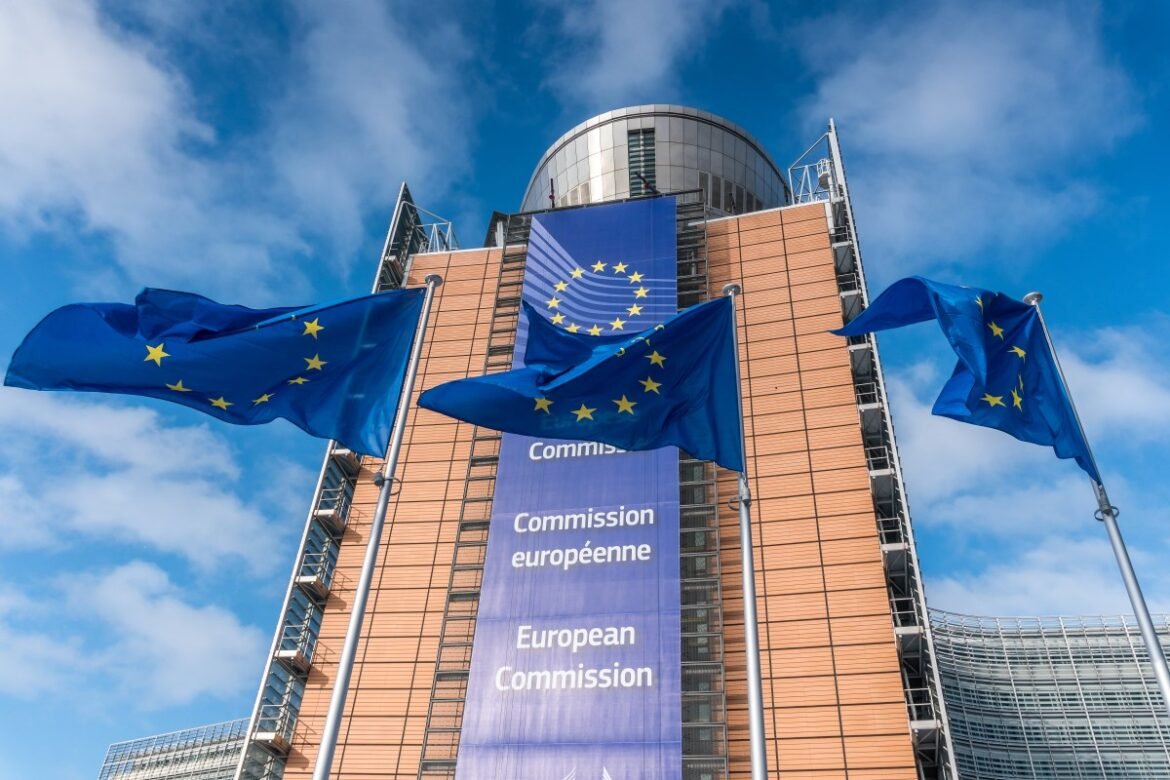An investigation by EU regulators has found TikTok and Meta in breach of the Union’s rules concerning illegal or harmful online content.
The European Commission (EC) said on Friday that preliminary findings show both companies are not complying with Digital Services Act (DSA) rules that require them to give researchers adequate access to public data.
The Commission called Meta and TikTok’s procedures and tools for requesting access to public data “burdensome,” saying that researchers are consequently often left with partial or unreliable data, which affects “their ability to conduct research, such as whether users, including minors, are exposed to illegal or harmful content.”
The Commission also said Meta’s platforms — Instagram and Facebook — were both in breach of obligations to provide EU residents with simple ways to report illegal content. The Commission said both platforms impose several unnecessary steps before users can report content, and accused Facebook and Instagram of using so-called “dark patterns” — design tricks that manipulate users into taking certain actions.
“Such practices can be confusing and dissuading. Meta’s mechanisms to flag and remove illegal content may therefore be ineffective,” the Commission wrote in a statement.
The EC also said both Meta platforms’ moderation appeal mechanisms don’t allow EU residents to fully explain or provide evidence to support their appeals. “This makes it difficult for users in the EU to further explain why they disagree with Meta’s content decision, limiting the effectiveness of the appeals mechanism,” the Commission wrote.
TikTok says it has made “substantial investments” in data sharing and has given access to data to nearly 1,000 research teams via its research tools. “We are reviewing the European Commission’s findings, but requirements to ease data safeguards place the DSA and GDPR in direct tension. If it is not possible to fully comply with both, we urge regulators to provide clarity on how these obligations should be reconciled,” a TikTok spokesperson said in an emailed statement.
Techcrunch event
San Francisco
|
October 27-29, 2025
Meanwhile, Meta claimed it has made changes to its tools and processes to comply with DSA requirements. “We disagree with any suggestion that we have breached the DSA, and we continue to negotiate with the European Commission on these matters. In the European Union, we have introduced changes to our content reporting options, appeals process, and data access tools since the DSA came into force and are confident that these solutions match what is required under the law in the EU,” a Meta spokesperson said.
The findings are part of investigations launched into both companies early in 2024. The EC had started looking into TikTok with a focus on advertising transparency, data access for researchers, content moderation, and protection of minors, as well as other concerns. The investigation into Meta was launched after the Commission said it suspected Facebook and Instagram of breaking rules for larger platforms concerning election integrity.
The DSA is the EU’s set of rules governing online platforms and content moderation, which broadly addresses concerns over rising risks for consumer welfare in the digital realm. The law imposes a set of extra requirements on big platforms like TikTok and Meta in areas like algorithmic transparency and systemic risk.
Penalties for confirmed breaches of the DSA can reach up to 6% of global annual revenue.
The EC said Meta and TikTok both will be able to review its investigation documents, challenge the findings and commit to address them.
Note: This story was updated to add comments from TikTok and Meta.

